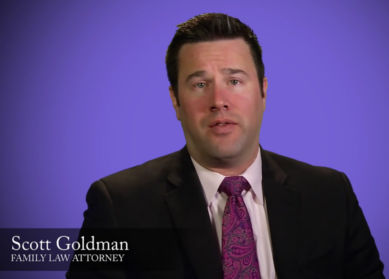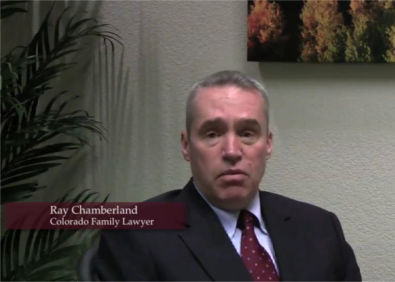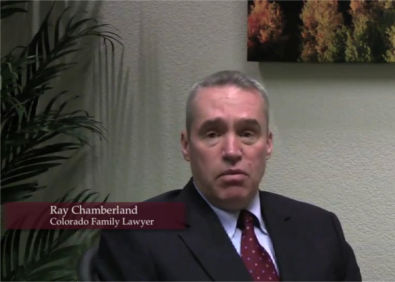I’m Scott Goldman. I run Goldman Law here in the state of Colorado, more closely in the Denver metropolitan area, in the Front Range of course. Our main focus of practice is the area of family law which is inclusive of divorce, child custody, modification or orders, dependency, neglect proceedings, adoptions. So it’s a fairly big gamut that family law runs.
Our approach to law at Goldman Law is pretty unique in the sense that it’s a business-like approach. We really focus on customer service because at the end of the day we want our clients to be happy and have a resolution to their case that they’ve been involved in. One that will give them a peace of mind at the end of the day, knowing that they had the right voice put forth for them. We’re also not going to go into a case simply to make a fight out of something that doesn’t need to be fought. And you’ll have a lot of lawyers that will come in and just drag cases out and make fights where they don’t need to do so, and it ends up costing the client more and more and more at the end of the day.
So our approach is to either get to a settlement that is good for the client and one that they can live with on a long-term basis. Or look at the areas where we’re not going to settle and reserve those for trial and prepare the proper way for trial. But either way, our approach is always to have the client involved in their case. So this way, they have a peace of mind about what’s going on, and we’re not constantly in the driver’s seat.
How we are perceived by our clients is important to us. I think that we want to be perceived as professional, ethical, and really giving them a service that they came in to sign up for. Often times, it’s very difficult to understand that there are weak positions within a divorce or a child custody matter. And on the professional note, giving clients the advice that they don’t necessarily want to hear is what that’s all about.
Being ethical is very, very important for us too because we work hard to do things the right way and by the book for our clients. And ultimately, that makes it less costly for the clients too when you do things right. So we want to be perceived as the law firm that they came to that made a difference in their lives. And ultimately, at the time of a hearing, we always tell our clients there’s no guarantees of an outcome. No matter how good of a lawyer you are, you can never predict what a judge is going to do. But you can bet that we go into court, we’re going to put our best voice forward for that client and do the case the right way.
Trust and hiring us really go hand in hand, the two issues. I think on the trust side of things, a client is going to have constant communication about what’s going on in their case. And they can be confident knowing that we are here to educate them and give them an opinion about their case that they may otherwise not want to hear. And a lot of trust has to deal with telling people the hard facts about their case and allowing them to make an educated decision about that. On the side of hiring us, we’re going to give our clients the voice that they need and do a thorough job for them at the end of the day as divorce and child custody matters are very tough matters to deal with. At the end of the day, the client is looking for a voice and looking for a job to be done and that’s what we’re here to do.
By: Scott Goldman







